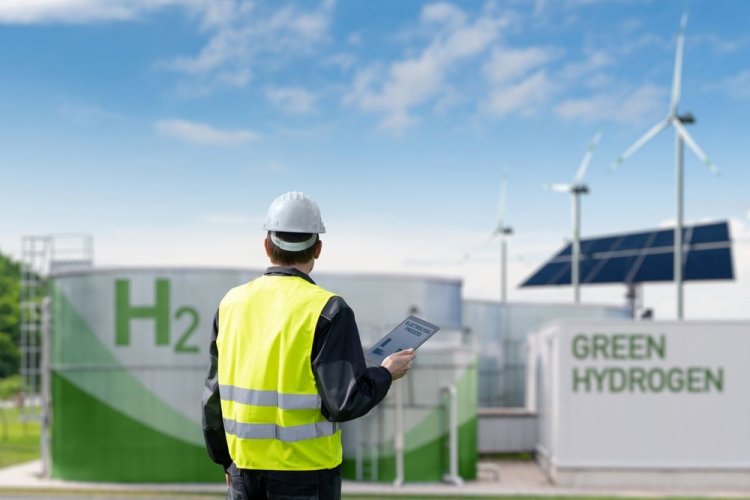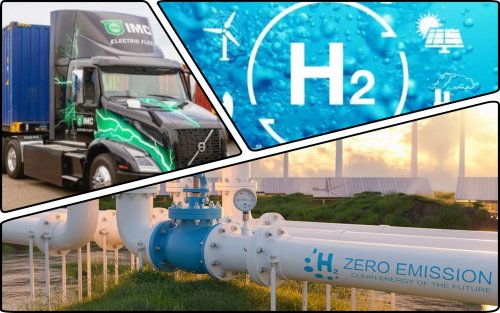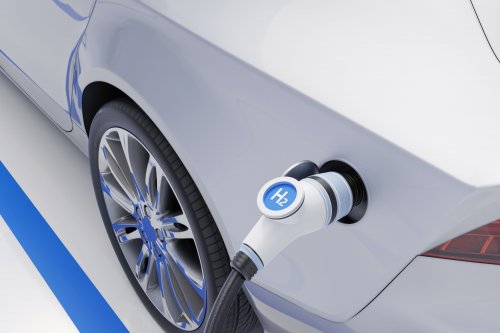The US Department of Energy has allocated $7 billion to launch the first seven regional clean hydrogen hubs (H2Hubs), which will produce 3 million metric tons of H2 per year.
The program is part of US President Joe Biden's Investing in America initiative, with a total investment of $50 billion to accelerate the large-scale deployment of low-cost, zero- or near-zero carbon hydrogen, according to the Department of Energy.
The seven H2Hubs will launch a national network of clean hydrogen producers, consumers and related infrastructure, it said. They also support the production, storage, delivery and end use of pure hydrogen.
H2Hubs are expected to provide a third of the target H2 production in the US by 2030. This will reduce emissions, particularly from industry, by 25 million metric tons. In addition, it will create 815,000 jobs, particularly in disadvantaged communities that have suffered from underinvestment and pollution.
"Releasing the full potential of hydrogen is critical to achieving President Biden's goal of an American industry powered by American clean energy while ensuring less volatility sh that is, changes in market prices and incomes over a certain period of time U.S and more affordable and affordable energy options for American families and businesses,” said US Energy Secretary Jennifer M. Granholm.
She called the investment historic, laying the foundation for a new U.S.-led industry for the global green transition and American well-being.
Selected projects:
- Appalachian Hydrogen Hub – production of hydrogen from inexpensive natural gas with a carbon capture and permanent storage center (up to $925 million);
- California Hydrogen Hub – production of hydrogen from renewable energy and biomass for decarbonization of public transport, heavy cargo transportation and port operations (up to $1.2 billion);
- A hydrogen hub on the Gulf Coast – large-scale production of hydrogen using both natural gas with carbon capture and electrolysis based on renewable energy sources (up to $1.2 billion);
- Heartland Hydrogen Hub – production of hydrogen for decarbonization of fertilizer production, agricultural sector and heating in a cold climate (up to $925 million);
- Mid-Atlantic Hydrogen Hub – repurposing of historical oil infrastructure and production of green hydrogen from renewable and nuclear electricity (up to $750 million);
- Midwest Hydrogen Hub – production of hydrogen from RES, natural gas and nuclear energy for decarbonization of steel and glass production, electricity, oil refining, heavy transport and aviation fuel (up to $1 billion);
- Pacific Northwest Hydrogen Hub – widespread use of electrolyzers to reduce the costs of the technology, its scaling and training of specialists (up to $1 billion).
Earlier, EcoPolitic wrote, that the US Department of Energy will allocate $47.7 million to finance 16 research and demonstration hydrogen projects.
As EcoPolitic previously reported, in the USA the utility company Florida Power&Light launched a green 25 MW hydrogen hub and will feed the network with a mixture of H2 and fossil gas. A number of experts have criticized such an initiative for wastefulness and inefficient use of green energy, as well as possible greenwashing.




